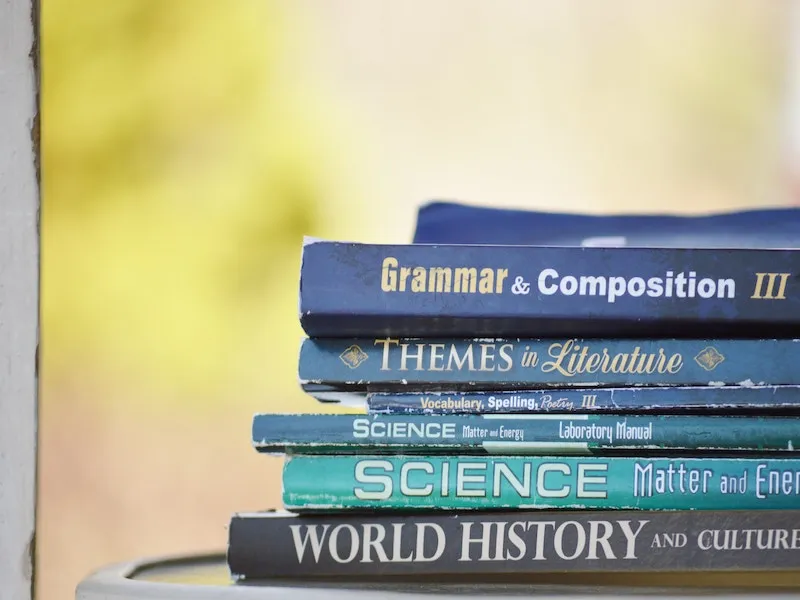Science communication: breaking the language barrier

Breaking the language barrier: making science accessible and fun for everyone
Have you ever felt like scientists were speaking a whole other language? Or perhaps felt spoken down to when someone was explaining a complex scientific concept?
One of the foundations of science communication is to avoid this ‘deficit’ model of communication.
The deficit model assumes that the general public lacks the knowledge to understand scientific concepts and that it’s the job of scientists to ‘dumb down’ their research to make it accessible to the masses. This approach implies that the public needs to be spoon-fed information, and that simply by providing more information, action will follow.
While the ‘dumbing down’ of science is often seen as a way of making it more relatable, it actually creates an elitism between scientists and the public that is condescending and can turn people away from science. Dumbing down to the point of over-simplification also runs the risk of the information losing its accuracy.
Rather than assuming the public lacks understanding, scientists should instead focus on engaging them in the conversation. Approaching science communication as a two-way conversation means scientists and the public can exchange ideas and knowledge.
As science communicators, there are several conversational communication techniques that we can use, such as science facilitation, using visual communication methods (such as infographics), storytelling, focusing on solutions, humour or even memes. These methods help to make science relatable to everyone. Let’s not forget, science communication doesn’t have to be serious all the time. We can have some fun with it too!
Science communication isn’t just for scientists and science communicators either – it’s for everyone. Policymakers, educators, journalists and the public all have a role to play in promoting scientific knowledge and awareness. It’s a collaborative effort.
Instead of talking down to others around us, let’s engage with them as equals and work to make scientific concepts relatable, without oversimplifying them. By doing this, we create a more equitable and inclusive society where everyone has access to scientific knowledge and understanding. After all, science is for everyone.
Scientell services all of Australia including Melbourne, Darwin, Perth, Sydney, Adelaide, Hobart, Canberra and Brisbane.
If you are interested in hearing more, please get in touch.
Author:
Date Posted:
May 23, 2023
